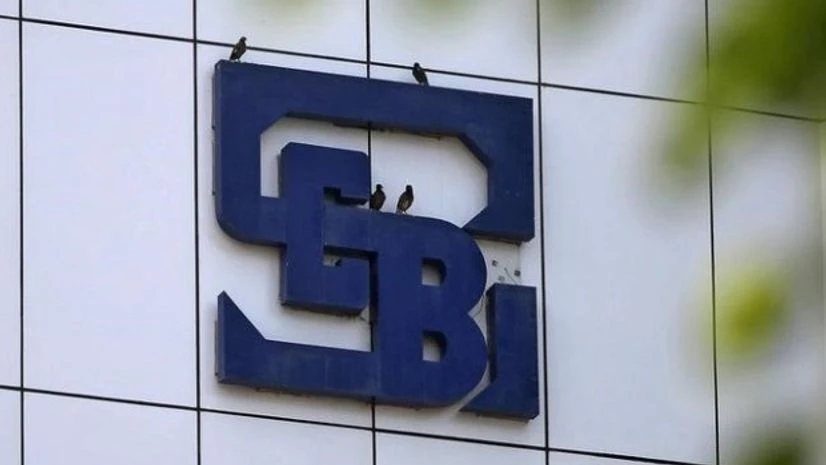The Securities and Exchange Board of India (Sebi) has sought major changes in the newly implemented central Know Your Customer (KYC) process. The regulator has written that several market intermediaries such as mutual funds (MFs), brokerages and even banks were facing issues adhering to the new central KYC process.
Starting August 1, the government has shifted to the central KYC process, to enable common and one-time KYC for all financial market intermediaries. Central KYC is being implemented through the Central Registry of Secularisation and Asset Reconstruction and Security Interest of India (CERSAI), an online registry promoted by the central government.
In a recent letter, the capital market regulator has demanded a slew of changes, including more time between opening a new account and making an electronic entry with the central KYC registry.
Also Read
| KEY SEBI DEMANDS FROM FINMIN ON KYC |
|
According to the norms, every financial institution needs to file an electronic copy of a client’s KYC records with the central registry within three days of an account being opened.
In a circular in July, Sebi had mandated all market intermediaries, including brokers and MFs, to make new KYC submissions to CERSAI. Several market players made representations to Sebi, highlighting the operational difficulties under the new system.
“It is a cumbersome job, right from disclosure to verification. We have sought extension in the timeline as deadline is not sufficient to meet the requirements,” said Nilesh Shah, managing director, Kotak AMC.
To sync the new system with the earlier common KYC, Sebi has also suggested to accept KYC Registration Agencies (KRAs) as a pass-through entity between registered intermediaries and CERSAI. Under the previous KYC regime, KRAs were the most important part of the system.
To avoid duplication of work, Sebi also wants to exempt individual clients whose accounts are opened before August 1 from undergoing KYC process all again. According to Sebi, KYC details of these clients are already with the KRAs and can be used even when they approach other registered intermediary for entering into account-based relationship, Sebi saidin a letter to ministry.
Sebi had allowed interportability among KRAs, to enable sharing of information among them based on client’s permanent account number (PAN). To enable online KYC, Sebi has recognition of the Unique Identification Authority of India (UIDAI). The same would leverage the Aadhaar database and ease the process of doing business, said Sebi.
Apart from this, the regulator has also asked the ministry to allow share transfer agents to do KYC on behalf of mutual funds. However, the responsibility of KYC will continue to remain with the mutual fund on whose behalf the registrar carries out the KYC, noted Sebi.

)
